Time Management Improvement Techniques
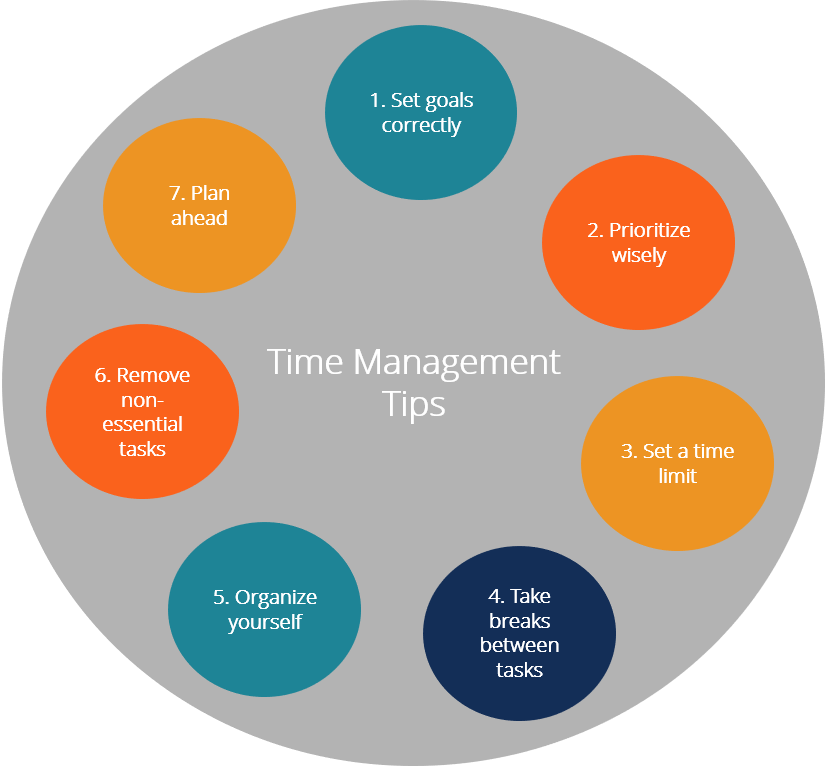
In today's fast-paced world, the ability to effectively manage time is more crucial than ever. Individuals and organizations alike are constantly seeking strategies to boost productivity and reduce stress by optimizing how they allocate their hours.
This article explores several time management improvement techniques, examines their effectiveness, and considers their potential impact on both personal and professional lives.
Understanding the Need for Time Management
Effective time management is no longer a luxury, but a necessity for success. A recent study by the Harvard Business Review found that professionals spend an average of 25% of their day dealing with interruptions and distractions, leading to decreased efficiency and increased burnout.
Improved time management can lead to reduced stress, better work-life balance, and increased opportunities for personal and professional growth, according to the American Psychological Association.
Popular Time Management Techniques
The Eisenhower Matrix
This technique, also known as the Urgent-Important Matrix, categorizes tasks into four quadrants: Urgent and Important, Important but Not Urgent, Urgent but Not Important, and Neither Urgent Nor Important.
By prioritizing tasks based on urgency and importance, individuals can focus on what truly matters and avoid wasting time on less critical activities. President Eisenhower, from whom the technique derives its name, allegedly used this method to manage his demanding schedule.
The Pomodoro Technique
This method involves working in focused 25-minute intervals, separated by short 5-minute breaks. After four "pomodoros," a longer 20-30 minute break is taken.
The Pomodoro Technique, developed by Francesco Cirillo, leverages the power of focused attention and short breaks to combat mental fatigue and enhance concentration. It helps in maintaining momentum and preventing procrastination.
Time Blocking
Time blocking involves scheduling specific blocks of time for particular tasks or activities. It treats time as a finite resource and encourages individuals to allocate it deliberately.
By visually mapping out the day, time blocking can promote better organization, accountability, and a clearer understanding of how time is being spent. Many executives and entrepreneurs, including Elon Musk, reportedly use time blocking to manage their complex schedules.
Getting Things Done (GTD)
GTD is a comprehensive time management system developed by David Allen. It focuses on capturing, organizing, planning, and doing.
The GTD methodology helps individuals gain control over their workflow by clarifying commitments, breaking down tasks into manageable steps, and maintaining a clear system for tracking progress. The system emphasizes clearing your mind by externalizing tasks and ideas.
Impact and Implementation
The successful implementation of these techniques depends on individual preferences and specific needs. Some individuals may find one technique more effective than another.
The Association for Talent Development (ATD) suggests that organizations can promote time management skills through training programs, workshops, and coaching sessions.
It’s crucial to regularly evaluate and adjust time management strategies to adapt to changing circumstances and priorities. A key aspect is self-awareness and understanding personal working styles.
Challenges and Considerations
Implementing these techniques can present challenges. Distractions, unexpected interruptions, and procrastination are common obstacles. Consistent effort and discipline are crucial for long-term success.
Also, it is important to avoid being overly rigid with these strategies. Flexibility is key, allowing adjustments to accommodate unforeseen events and changing priorities.
Maintaining a realistic perspective and avoiding unrealistic expectations is also important, as perfection is unattainable. Continuous improvement, not perfection, should be the goal.
Looking Ahead
As technology continues to evolve and work environments become increasingly complex, the importance of effective time management will only continue to grow.
By adopting and adapting these techniques, individuals and organizations can unlock their full potential, achieve greater productivity, and create more fulfilling lives. The future belongs to those who can effectively manage their time.
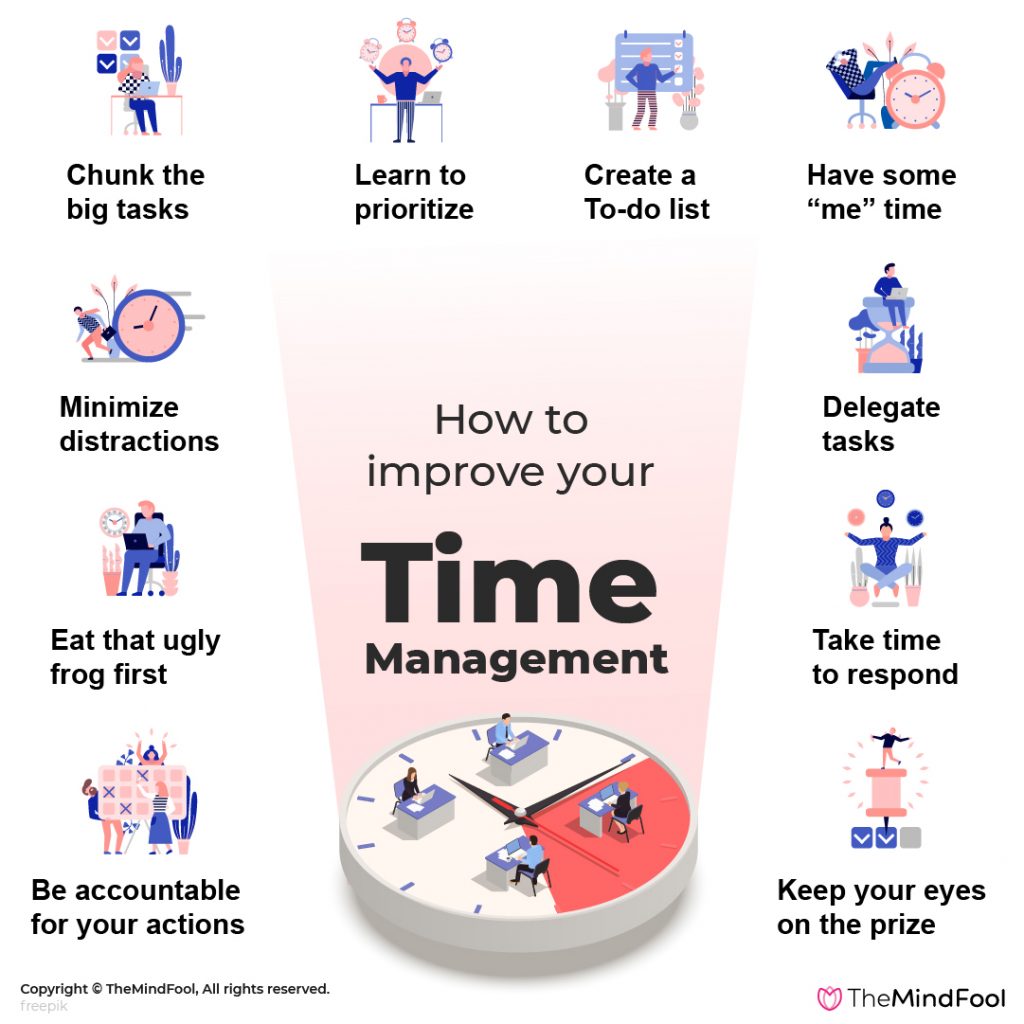
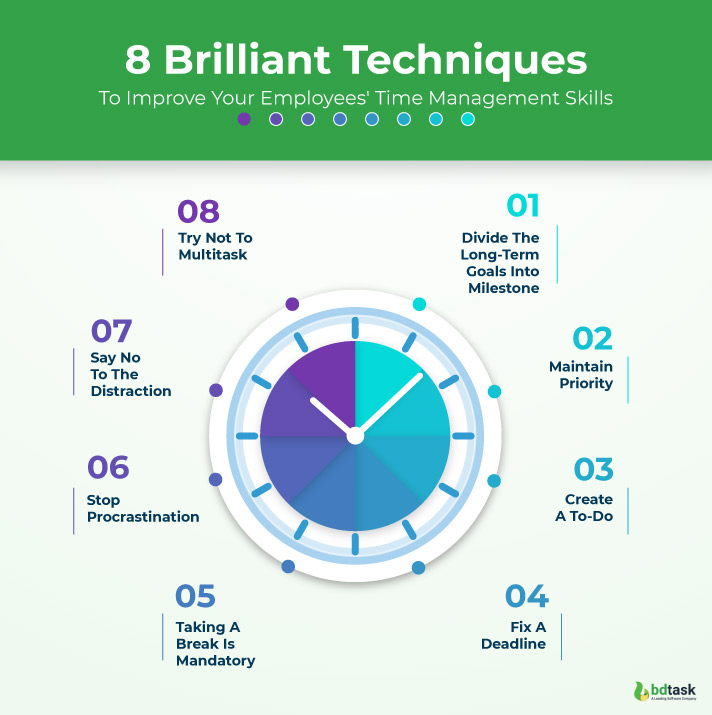



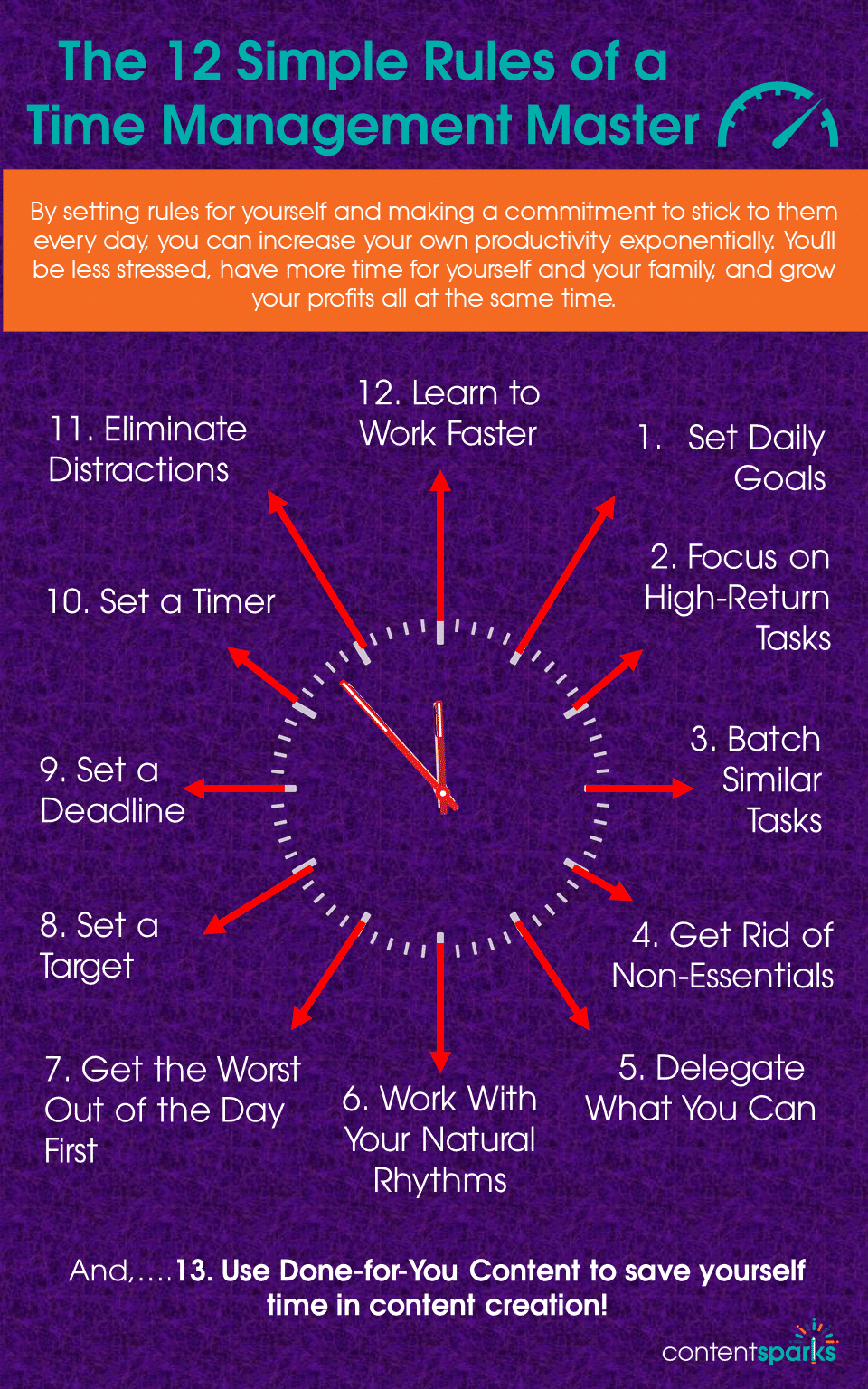





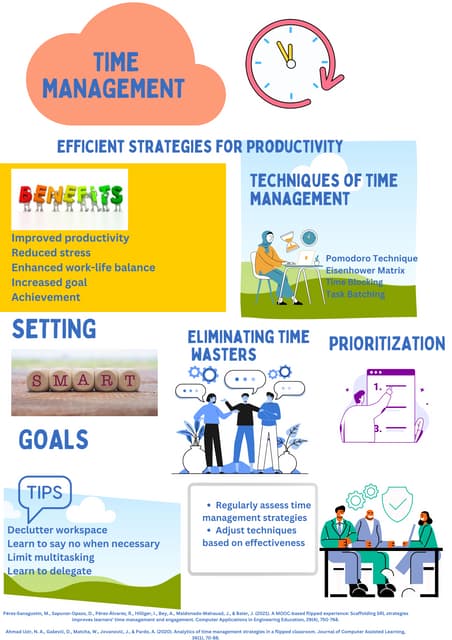

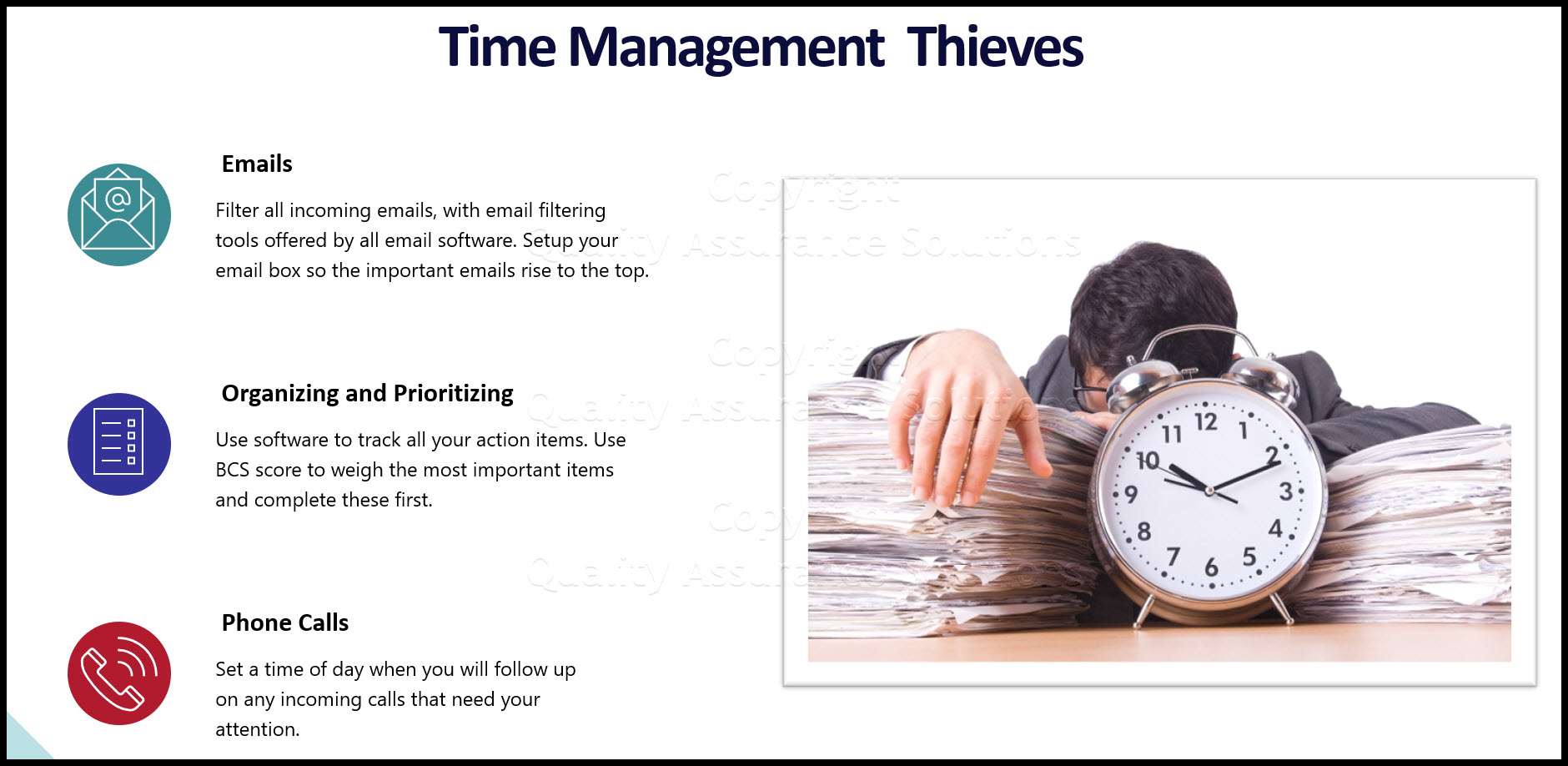
/time-management-tips-2947336-Final-5c8fa6ed46e0fb000172f06d.png)
.jpg)

